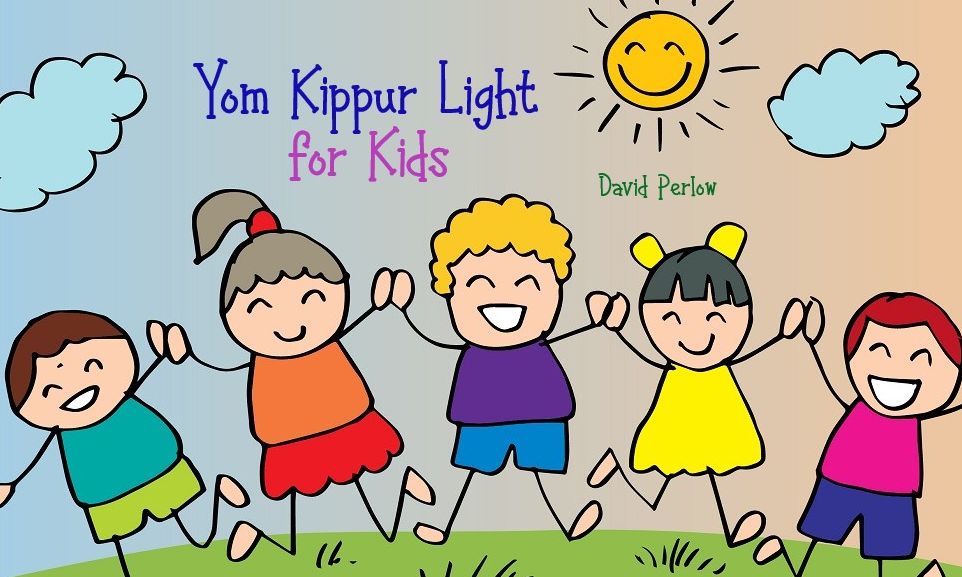
Yom Kippur Light for Kids
If we want our children to continue in the path of Torah, it’s time for us as parents to do some soul searching. What better time than now before Yom Kippur?

The Chassidic master Rebbe Shmelke of Nikolsburg once said, “If given the choice I would prefer never to die [despite the eternal reward in the World to Come]. For in the World to Come there is no Yom Kippur. And how can a Jew live without Yom Kippur? Of what value is a life without teshuva?”
When I first moved to Israel, my first Yom Kippur blew me away. Not because of the fact that I was in Israel, but for something so inexplicably strange that I had never experienced before. Happiness.
Growing up in Arizona where I attended a non-orthodox synagogue I remember the High Holidays as a real burden. On the one hand we had the day off from school, but at the same time we still had to wear suits with ties and catch up on our homework after the services. The synagogues were packed with  people and the air conditioner wasn’t enough. There were men checking out the women, and there were men checking to see if we had our tickets, which I thought was weird, wasn’t I going to pray? Not to a game! The smell of perfume and the sound of whispering throughout the service during the rabbi’s speech and during the Torah reading made an impression on me that this wasn’t such an important day. Most of all, everyone was wearing black and had saddened and serious expressions on their faces.
people and the air conditioner wasn’t enough. There were men checking out the women, and there were men checking to see if we had our tickets, which I thought was weird, wasn’t I going to pray? Not to a game! The smell of perfume and the sound of whispering throughout the service during the rabbi’s speech and during the Torah reading made an impression on me that this wasn’t such an important day. Most of all, everyone was wearing black and had saddened and serious expressions on their faces.
As we have now sent our kids back to school and we prepare for Yom Kippur lets learn what Rabbi Shalom Arush has to say in his book “Garden of Education.” Rav Arush explains, “if a child doesn’t see that the path of his or her parent’s Torah observance leads to happiness, they will not choose that path.” Recently we read in Parsha Ki Tavo (Deut. 28:47) that “because you did not serve Hashem, your God, amid gladness and goodness of heart, when everything was abundant” so Hashem brought upon the children of Israel severe punishments. Let’s think about how this is connected to our lives. But before going further, let’s read one more quote from Rabbi Arush on child education, “anyone who wears a kippa on his head and isn’t happy is desecrating the name of God.” When I read this last quote my skin got goose bumps.
If we want our children to continue in the path laid out by the Torah it’s time for us as parents to do some serious soul searching. What better time than now before Yom Kippur? Let’s ask ourselves, “Am I keeping the Torah with a smile on my face? Or is it more like a hurried and stressed out frown?” This is not easy to do, we all have our work cut out for ourselves, but it is attainable. In a recent CD called “Happy with Yourself”, it mentioned an important aspect that if Hashem gives us a job to do He also gives us the means to go about attaining it. Meaning He doesn’t give us a task that we can’t accomplish. It doesn’t mean that it won’t be challenging, even extremely difficult but with hard work it is attainable. The choice is ours to work or not.
This Yom Kippur it is our job to dedicate our lives to living the Torah with joy. It is an extremely important time now to show our children the true path and protect them from the rapidly growing “I” path of technology. The time to work on ourselves is now and we need to take advantage of this period in time to doing our best to straighten out our lives and direction. Rabbi Moshe Chaim Luzzatto mentions in chapter four of “The Path of the Just” that Hashem has given each of us the power of choice to use only during this lifetime and the opportunity to choose will not exist in the next world. What this means for us is that the only time we can ever truly work on ourselves is NOW, and not later, for there is no free choice once we die.
As our children go back to school they are being constantly tested with peer pressure to fit in. By choosing to work on ourselves and strengthening our Torah lives and connection to Judaism through happiness we can save them from seeking the wrong influences to give them the feeling of acceptance. In the Garden of Wisdom Rav Shalom Arush writes that a person has to find his inner happiness in what Hashem has given him and to stop looking and comparing himself to others. This can easily be accomplished by setting aside time each day for personal prayer and counting the blessings we all have like health, children, a job and the Torah.



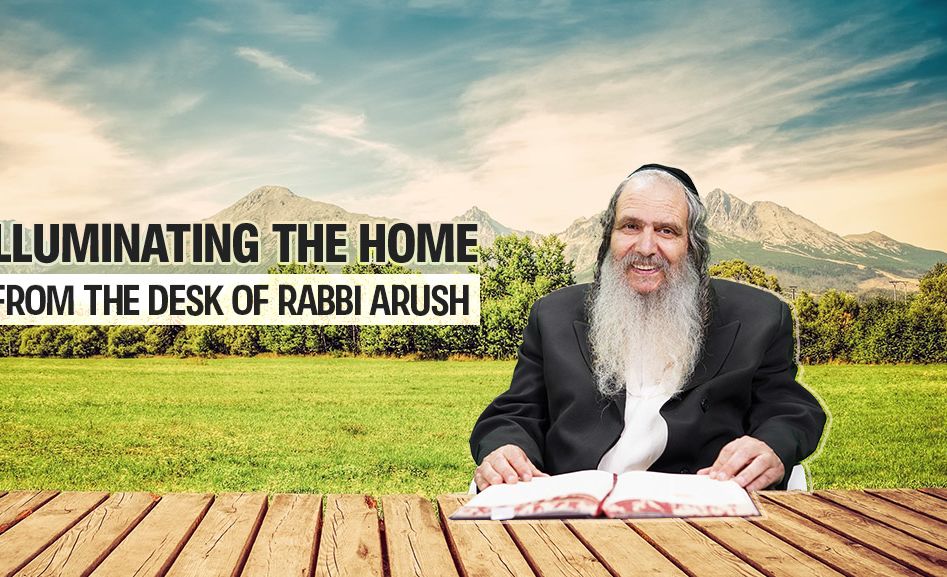
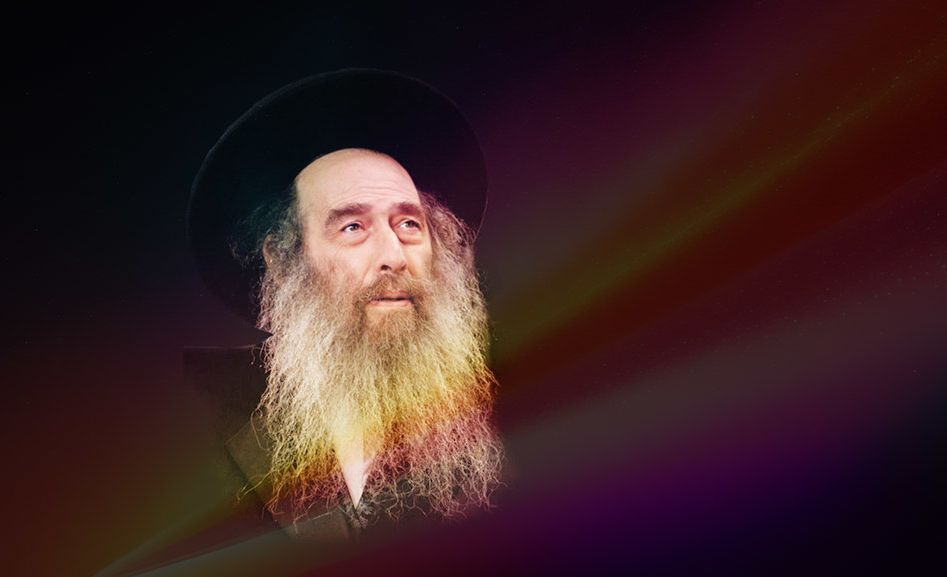

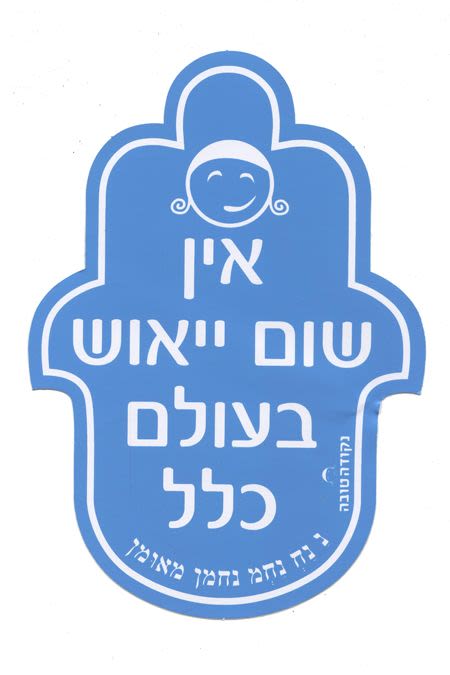


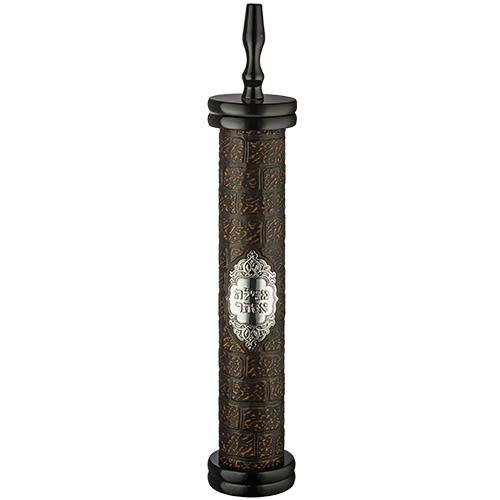
9/21/2015
Great Article
Thanks for writing this. Great message. Please continue to write more articles!
9/21/2015
Thanks for writing this. Great message. Please continue to write more articles!